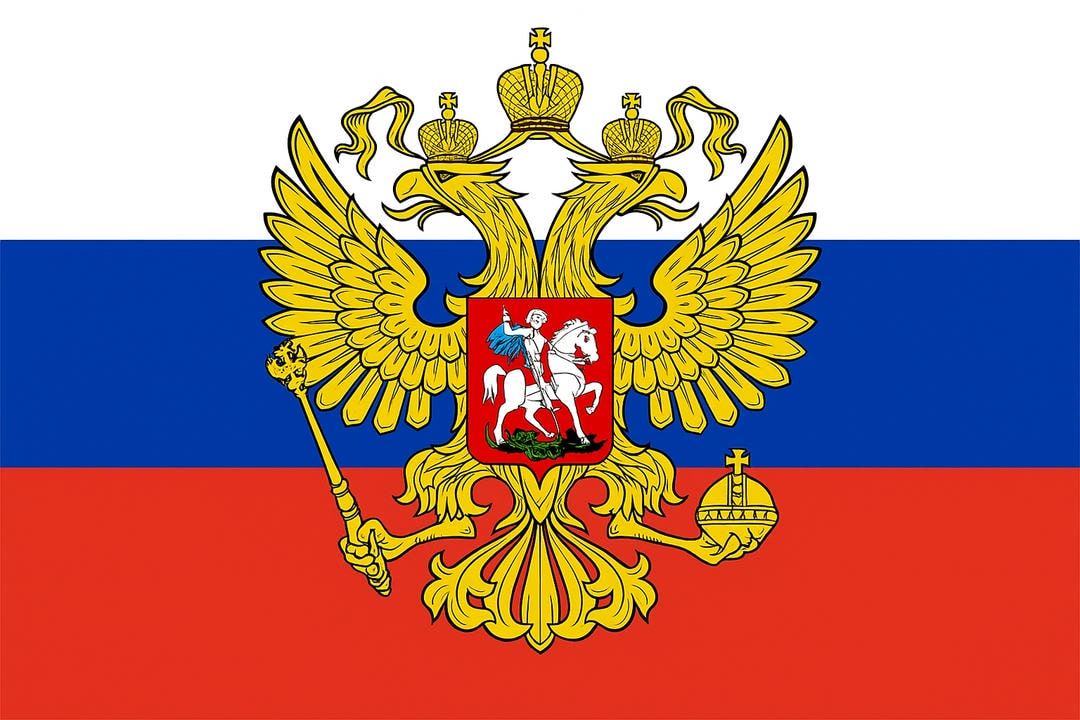Mastering the Russian language through offline methods requires a blend of disciplined practices and creative engagement. Daily writing exercises in a language journal can greatly enhance both writing fluency and cognitive retention. Flashcards, especially when thematically organized, support vocabulary acquisition through spaced repetition. Additionally, labeling everyday objects creates an immersive learning environment. Listening to Russian music and engaging with media builds listening skills and cultural understanding. Structured grammar exercises and reading aloud further bolster comprehension and pronunciation. These techniques collectively support a thorough offline learning strategy, yet there remains an essential element to take into account.
Daily Writing Practice:Using a Language Journal

Daily writing practice, particularly through the use of a language journal, is an indispensable tool for mastering Russian. This approach offers a structured yet flexible pathway to reinforcing language skills. Incorporating journal prompts into your daily routine encourages consistent engagement with the language, fostering both vocabulary expansion and grammatical proficiency.
Setting clear, achievable goals is essential in this process. For instance, you might aim to write a short passage about your day, describe a recent event, or explore a particular theme each week. These tasks not only improve writing fluency but also enhance cognitive retention of new words and phrases.
Creative writing exercises, such as composing short stories or dialogues, further enrich the learning experience. These activities compel you to think critically about word choice and sentence structure, thereby deepening your understanding of Russian syntax.
Additionally, a language journal serves as a tangible record of progress. Regularly reviewing past entries allows you to identify common mistakes and track improvements. This reflective practice reinforces learning and motivates continued effort.
Flashcards
In addition to maintaining a language journal, integrating flashcards into your study routine can considerably enhance your ability to memorize and recall Russian vocabulary. Utilizing visual memory techniques, flashcards offer a dynamic way to engage with new words and phrases, making them more memorable. By organizing flashcards into thematic vocabulary groups, learners can focus on specific topics such as food, travel, or business, guaranteeing a structured and thorough approach to language acquisition.
Flashcards are not merely a rote memorization tool but a versatile asset in a language learner’s toolkit which essentially helps strengthen visual memory techniques.
Reading Aloud
Reading aloud is a powerful technique that can greatly enhance one’s grasp of the Russian language. This practice not only aids in pronunciation practice but also facilitates vocabulary expansion. By vocalizing words and sentences, learners can better internalize the correct sounds, which is essential for mastering Russian’s distinctive phonetics. This method also allows for immediate feedback, making it easier to identify and correct errors in real-time.
Furthermore, reading aloud considerably improves sentence structure understanding. Russian syntax can be complex, with its flexible word order and case system. By speaking the sentences, learners can develop a more intuitive sense of how words and phrases are constructed, thereby strengthening their grammatical skills.
Additionally, this technique enhances reading comprehension, as it forces the reader to engage more deeply with the text to guarantee accurate delivery.
Intonation accuracy is another critical benefit of reading aloud. Russian intonation patterns can profoundly affect the meaning and emotional tone of a sentence. Practicing aloud helps learners to develop a natural rhythm and melody in their speech, making their spoken Russian more fluent and expressive.
Consequently, incorporating reading aloud into one’s study routine is an innovative and effective strategy for mastering Russian offline.
Labeling Objects
Labeling objects in your environment is a highly effective technique for accelerating Russian language acquisition. This method leverages object identification and context association, creating immersive environments that facilitate vocabulary retention and visual learning. By placing labels with Russian words on everyday items, learners are continually exposed to the language in a practical context.
For instance, labeling common household items such as “стол” (table), “стул” (chair), or “холодильник” (refrigerator) allows for constant interaction with new vocabulary. This constant exposure guarantees words are not only memorized but also understood within their specific contexts, greatly enhancing retention.
Visual learning is particularly powerful because it connects the Russian word directly to the object, bypassing the need for translation. This direct association is fundamental for achieving fluency.
Additionally, creating an immersive environment where Russian is omnipresent encourages spontaneous learning, making language practice a natural part of daily routines.
Language Exchange with a Native Speaker
Engaging in language exchange with a native speaker is an indispensable method for mastering Russian. This approach offers unparalleled opportunities to explore authentic conversation topics, ranging from daily life to specialized fields of interest. Through regular interaction, learners can familiarize themselves with cultural nuances, enriching their understanding of Russian beyond textbook definitions.
A structured language exchange program allows learners to tackle idiomatic expressions that are often challenging for non-native speakers. Native speakers can provide real-time correction feedback, ensuring that learners adopt accurate usage in their spoken and written Russian. This immediate feedback loop accelerates the learning process, making it easier to internalize complex grammatical structures and vocabulary.
Pronunciation tips from native speakers are invaluable, as they can demonstrate subtle phonetic distinctions that are often missed in self-study. Practical exercises, such as repeating after the native speaker and engaging in role-playing scenarios, can greatly enhance pronunciation accuracy.
Additionally, discussing diverse conversation topics helps learners become comfortable with various linguistic contexts, further solidifying their language skills.
Listening to Russian Music, Radio, or Watching Russian TV Shows and Movies
Immersing oneself in Russian music, radio, and visual media such as TV shows and movies is an effective strategy for language acquisition due to the vast exposure to authentic linguistic input. Engaging with diverse music genres like pop, rock, and folk provides learners with varied vocabulary and colloquial expressions.
Exploring the cultural context within these genres enriches understanding, as it reflects societal values and historical narratives. Lyric translation is a practical tool for comprehension and vocabulary building. By translating and analyzing song lyrics, learners can grasp idiomatic expressions and syntactic structures unique to the Russian language.
For visual media, film recommendations include classics like “The Irony of Fate” and contemporary series such as “Trotsky.” These provide not only linguistic benefits but also insights into Russian culture and history.
Watching TV shows and movies with subtitles can bridge comprehension gaps, allowing learners to correlate spoken and written language effectively. This multifaceted approach guarantees a balanced and immersive learning experience, propelling learners towards fluency.
Grammar Exercises on Paper: Use printed workbooks, etc
Consistently incorporating grammar exercises on paper into your study routine is a fundamental technique for mastering the intricacies of Russian grammar. Printed workbooks and other tangible resources provide a structured approach to understanding complex grammatical concepts, offering clear, concise explanations and practice opportunities that are essential for language mastery.
Grammar drills in printed workbooks facilitate a deeper engagement with key areas such as sentence structure and verb conjugation. By repeatedly practicing these elements, learners can internalize the rules and patterns that govern Russian syntax. This hands-on method is particularly effective for reinforcing punctuation rules, which can often be overlooked in digital formats.
Furthermore, the tactile experience of writing out exercises stimulates cognitive processes that enhance retention and comprehension. Syntax practice becomes more intuitive as learners physically manipulate sentence components, allowing for a more nuanced understanding of grammatical relationships.
This method also encourages a disciplined study routine, free from the distractions of digital devices.
Conclusion
To conclude, mastering Russian offline necessitates a multifaceted approach integrating daily writing practice through language journals, strategically organized flashcards, and immersive techniques like labeling objects. Engaging with Russian media and structured grammar exercises further enhances comprehension and pronunciation. Additionally, reading aloud reinforces these skills, while language exchanges with native speakers offer practical conversational experience. Collectively, these techniques foster a disciplined, well-rounded study regimen essential for achieving fluency in Russian.




